Understanding Home Insurance: Everything You Need to Know
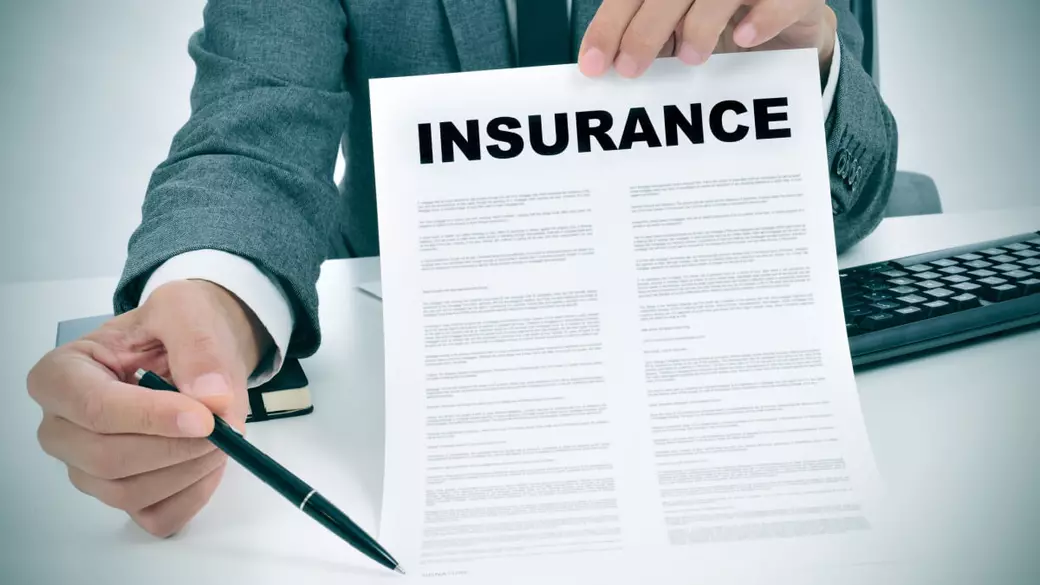
Understanding homeowners insurance is essential for anyone looking to purchase a home. Start looking at policies early, a real estate agent who is a REALTOR® can help guide you through the process. Here’s what you need to know about protecting your most significant investment.
What is Home Insurance?
Homeowners insurance covers you for unexpected losses at your home or property. It can include provisions to repair or rebuild the property, replace assets within the home, cover accidents that happen to you or someone else on the property, or even pay for living expenses if a covered incident forces you to live elsewhere temporarily.
Is Home Insurance Required?
If you are taking out a mortgage on your new home, your lender will require you to have a homeowners insurance policy for the duration of your mortgage. If your mortgage is paid off, or if you’ve paid for the home in cash, no laws require you to maintain insurance. However, having insurance is generally a good idea to ensure your assets are protected.
What Does Home Insurance Cover?
Home insurance policies generally include:
-
Dwelling Coverage: Protects the physical structure of your home from perils like fire, windstorms, hail, or vandalism.
-
Personal Property Coverage: Covers your belongings, such as furniture, electronics, and clothing.
-
Liability Protection: Provides coverage if someone is injured on your property or if you cause damage to someone else’s property.
-
Additional Living Expenses (ALE): Pays for temporary housing if your home becomes uninhabitable due to a covered loss.
There are two types of coverage provided by a homeowners policy:
-
Named Peril Coverage: Pays only if the damage is caused by a specifically named peril. The most popular policy, HO-3, covers the home structure and personal belongings for disasters including fire, hail, lightning, freezing, theft, and vandalism.
-
Open Peril Coverage: Pays in all instances except for when the damage is caused by an incident that is specifically excluded. HO-5 insurance policies may offer more extensive, open-peril coverage, but they often have higher premiums and more eligibility requirements.
Does Home Insurance Cover Hurricanes?
In Florida, hurricanes are a significant concern for homeowners. Standard homeowners insurance typically covers wind damage caused by hurricanes. However, it’s important to note that flood damage, often a consequence of hurricanes, is not included in standard policies. To protect against flood-related losses, you’ll need to purchase a separate flood insurance policy. Additionally, some Florida policies may have a separate hurricane deductible, which is a percentage of your home’s insured value rather than a fixed amount. Be sure to review your policy carefully to understand your coverage and out-of-pocket costs.
How Much Does Home Insurance Cost?
The cost of homeowners insurance depends on several factors, including your credit history (in some states), the house’s age, square footage, condition of the property, and location. In Florida, premiums may be higher due to the increased risk of hurricanes and tropical storms. You may have the option to pay your premium on a monthly, quarterly, or annual basis. Some lenders collect the insurance premium as part of your monthly mortgage payment, place it in an escrow account, and pay the insurer on your behalf.
Are Home Insurance Premiums Tax Deductible?
Home insurance premiums are generally not tax-deductible for personal residences. However, if you use part of your home for business purposes or own rental properties, a portion of the premiums may qualify as a deductible expense. Consult a tax professional for guidance.
What Will My Home Insurer Pay Me?
The amount your insurer will pay depends on your policy type and coverage:
-
Actual Cash Value (ACV): Pays for the replacement cost minus depreciation.
-
Replacement Cost Value (RCV): Covers the cost to replace items at current market prices.
-
Guaranteed/Extended Replacement Cost: Ensures you’ll receive the full cost to rebuild your home, even if it exceeds policy limits.
Additional Considerations
-
Flood Insurance: Standard home insurance policies do not cover floods. A separate policy is required.
-
Discounts: Many insurers offer discounts for bundling home and auto insurance, installing security systems, or being claim-free.
-
Regular Reviews: Periodically review your policy to ensure adequate coverage, especially after major life changes or renovations.
Conclusion
Home insurance is more than just a requirement, it’s a vital tool for protecting your most significant asset. By understanding what it covers, how much it costs, and how to optimize your policy, you can safeguard your home and financial future.
Categories
- All Blogs 347
- 55+ Communities 9
- Boating Communities 9
- First Time Home Buyer 113
- Florida Lifestyle 67
- Foreclosures 2
- Fun Things to do in Lee County, Florida 37
- Golf Communities 23
- Home Buyer Tips 128
- Home Seller Tips 104
- Homeowner Tips 61
- Mortgage Tips 38
- Neighborhoods 66
- Schools 3
- Title & Escrow 3
- Title Insurance 4
Recent Posts


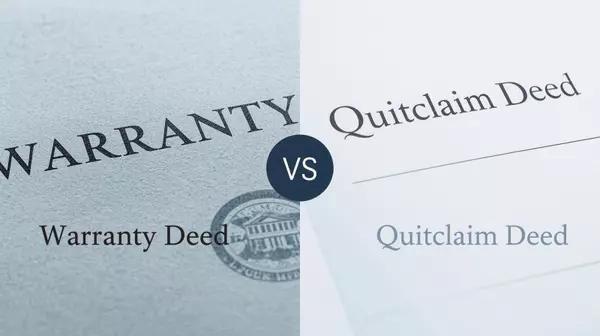
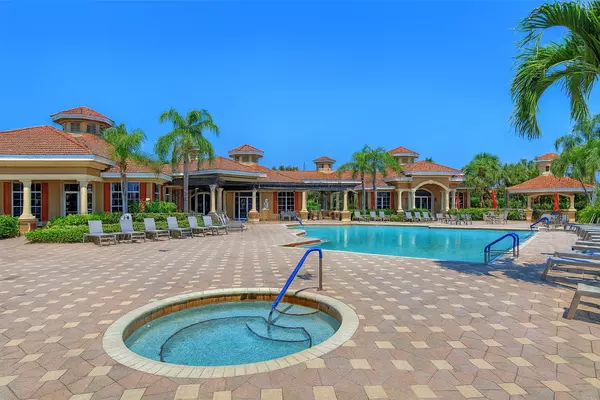
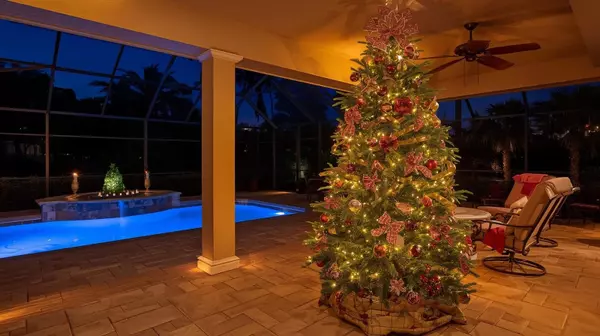


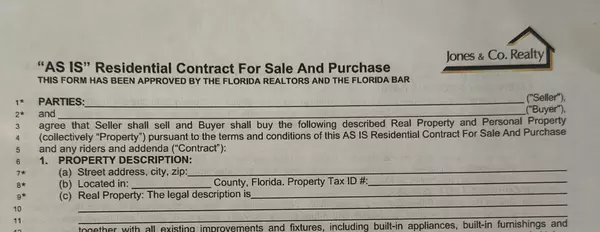


GET MORE INFORMATION

Billee Silva, PA, ABR SRS
Licensed Realtor | License ID: P3275278
Licensed Realtor License ID: P3275278
